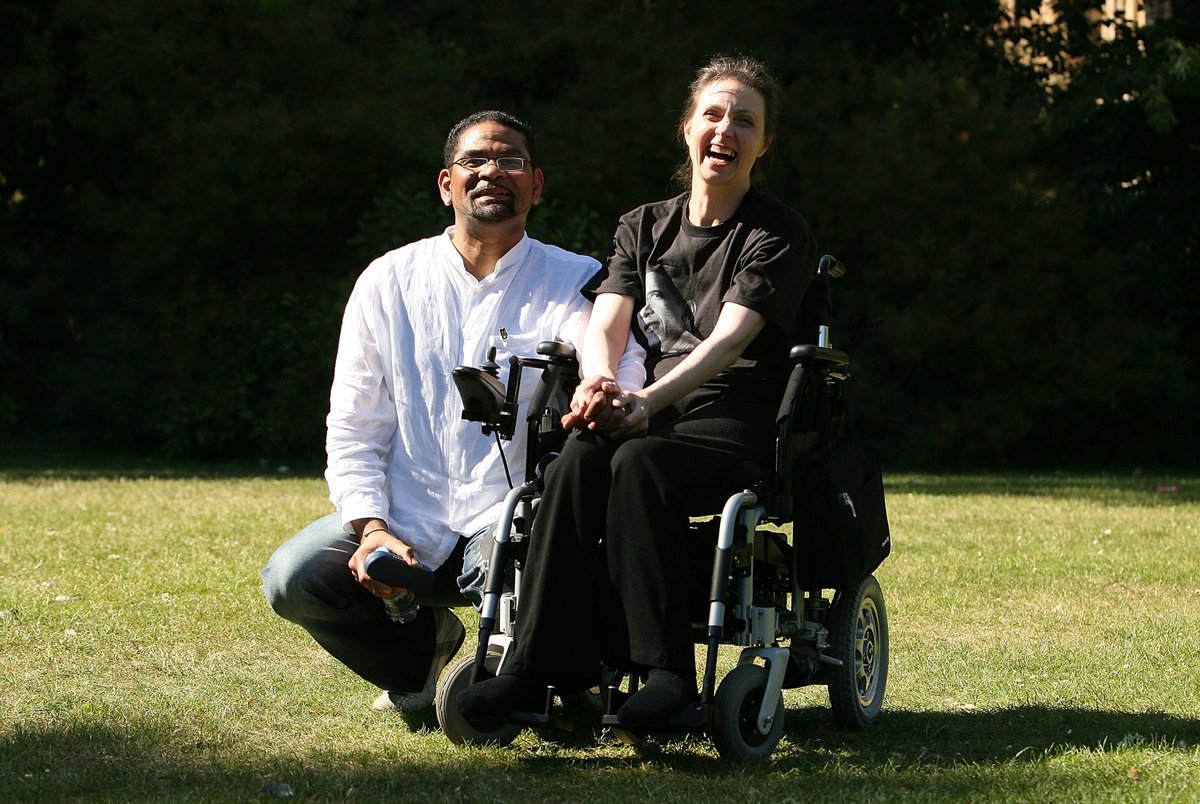This MS drug could reverse some physical disabilities. http://bit.ly/2d9Rq0X

Researchers found that a
drug used to treat multiple sclerosis can also reverse some physical
disabilities the disease causes in patients. DAN KITWOOD/GETTY IMAGES
Vitality
Multiple Sclerosis Drug Alemtuzumab Can Reverse Some Physical Disability Caused By MS, Study Says
Oct 13, 2016 07:21 AM By
Researchers found
that a drug used to treat multiple sclerosis can also reverse some
physical disabilities the disease causes in patients. The drug
alemtuzumab is used to treat relapsing-remitting MS in which symptoms
alternate between rapid worsening and remission.
The study published Wednesday in the journal Neurology does not reveal how alemtuzumab reverses the damage caused by the chronic disease. The drug can cause serious side effects and is commonly used to treat patients who did not respond well to other drugs.
“While many MS drugs slow the progress of disability, there have been little data about the ability of current treatments to help restore function previously lost to MS,” co-author Gavin Giovannoni from Queen Mary University of London said in a statement.
An international team of researchers studied patients diagnosed with relapsing-remitting MS who did not respond well to other MS drugs. A group of 426 patients were treated with alemtuzumab and another group of 202 people with the drug interferon beta-1a.
Researchers examined the patients’ level of disability at the start of the study and again every three months for a period of two years. They found that at the end of two years, 28 percent of patients who took alemtuzumab improved by at least one point on the disability test with scores ranging from zero to 10. Only 15 percent of those who took interferon showed improvement.
Patients who took alemtuzumab were also 2.5 times more likely to show improvement in the assessment of thinking skills and twice as likely to improve in their ability to move without tremors when compared to those who took interferon.
Giovannoni added that further research is required to study the risks involved in using alemtuzumab. The risks include autoimmune problems and infusion reactions.
The study published Wednesday in the journal Neurology does not reveal how alemtuzumab reverses the damage caused by the chronic disease. The drug can cause serious side effects and is commonly used to treat patients who did not respond well to other drugs.
“While many MS drugs slow the progress of disability, there have been little data about the ability of current treatments to help restore function previously lost to MS,” co-author Gavin Giovannoni from Queen Mary University of London said in a statement.
An international team of researchers studied patients diagnosed with relapsing-remitting MS who did not respond well to other MS drugs. A group of 426 patients were treated with alemtuzumab and another group of 202 people with the drug interferon beta-1a.
Researchers examined the patients’ level of disability at the start of the study and again every three months for a period of two years. They found that at the end of two years, 28 percent of patients who took alemtuzumab improved by at least one point on the disability test with scores ranging from zero to 10. Only 15 percent of those who took interferon showed improvement.
Patients who took alemtuzumab were also 2.5 times more likely to show improvement in the assessment of thinking skills and twice as likely to improve in their ability to move without tremors when compared to those who took interferon.
Giovannoni added that further research is required to study the risks involved in using alemtuzumab. The risks include autoimmune problems and infusion reactions.
No comments:
Post a Comment